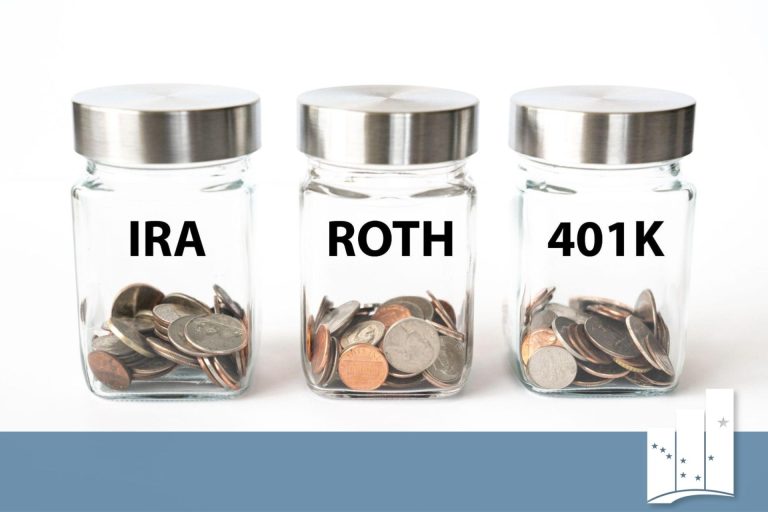Of the many acronyms that pepper the world of finance, ESG is one that is likely already on your radar. Environmental, social and governance (ESG) investing is a growing trend in the investment world that appeals to socially conscious investors looking for ways to better align their investments with their values.
What is ESG Investing?
ESG investing is a rapidly expanding investment style that seeks to incorporate the sustainability and ethical impact of a company in the investment process. The ESG factors below are commonly used as evaluation tools to measure a company’s overall sustainability and social impact:
- Environmental: This factor looks at a company’s impact on the physical environment. This can include things like a company’s carbon footprint, water usage, waste management practices, and energy efficiency.
- Social: This factor looks at a company’s social impact on a community or society. This can include things like employee relations, diversity and inclusion policies, human rights practices, and community engagement.
- Governance: This factor looks at a company’s management and leadership practices. This can include things like executive pay, board diversity, shareholder rights, and transparency in financial reporting.
ESG Investing Consideration Factors
One of the most meaningful benefits of ESG investing is empowering individuals to utilize their existing resources to express and support their values. ESG factors can also be a way to identify risks and opportunities that may not be apparent from financial data alone. For example, a company with poor labor practices may be at risk of lawsuits or reputational damage. Conversely, a company with strong environmental practices may be well-positioned to benefit from shifting consumer preferences toward sustainable products.
Retirement plan fiduciaries governed under the Employee Retirement Income Security Act (ERISA) are also taking note. Under ERISA, retirement plan fiduciaries are required to base their investment decisions on factors that are reasonably determined to be relevant to a risk and return analysis. At the end of 2022, the US Department of Labor finalized a new rule called “Prudence and Loyalty in Selecting Plan Investments and Exercising Shareholder Rights”, an update to the DOL’s 2020 rule established by the previous administration. The 2022 update includes clarified language indicating that plan administrators may include climate and ESG considerations in their investment process. While neither the 2020 nor the 2022 rule singles out ESG investing for favored or disfavored treatment, the updated language of the new rule indicates that fiduciaries can treat ESG as they would any other relevant factor in creating a menu of investment options for plan participants.
Implementing an ESG Investing Strategy
One of the biggest challenges in considering an ESG investment strategy is the fact that “socially responsible” investing means something different for everyone. To some, it means divesting from tobacco, alcohol, or weapons manufacturing companies. To others, focusing resources on companies that prioritize environmental impact or diverse board composition strikes a more meaningful chord. At the end of the day, the biggest question on most investors’ minds is whether an ESG strategy can be implemented without sacrificing returns.
ESG investing must be incorporated prudently in any portfolio to ensure that risk and return targets are being met. One common risk in ESG investing is the possibility of excluding an economically significant sector of the economy at the expense of diversification and long-term returns.
In creating ESG portfolios for our clients, our investment team focuses on maintaining the risk/return profile that aligns with established objectives and goals. Our team utilizes a screening methodology that weighs companies exhibiting positive ESG characteristics (like those listed above) while limiting deviation from the benchmarks modeled in your financial plan. Give our team a call if you are interested in hearing more about our ESG options, and rest assured that we remain committed to our guiding principles of transparency, low costs, and fiduciary responsibilities in any investment strategy we discuss.
Leah Levingston
Associate Financial Advisor
3/27/23
Adviser Disclosure: Alaska Wealth Advisors is an investment adviser registered with the U.S. Securities and Exchange Commission. Registration does not imply a certain level of skill or training. More information about Alaska Wealth Advisors’ investment advisory services can be found in its Form ADV Part 2, which is available upon request.
Commentary: The opinions expressed are those of Alaska Wealth Advisors Investment Team. The opinions referenced are as of the date of publication and are subject to change due to changes in the market or economic conditions and may not necessarily come to pass. Forward looking statements cannot be guaranteed.
Note: This material should not be construed as tax advice. You should always consult with your tax professional with regard to specific tax questions and obligations.







